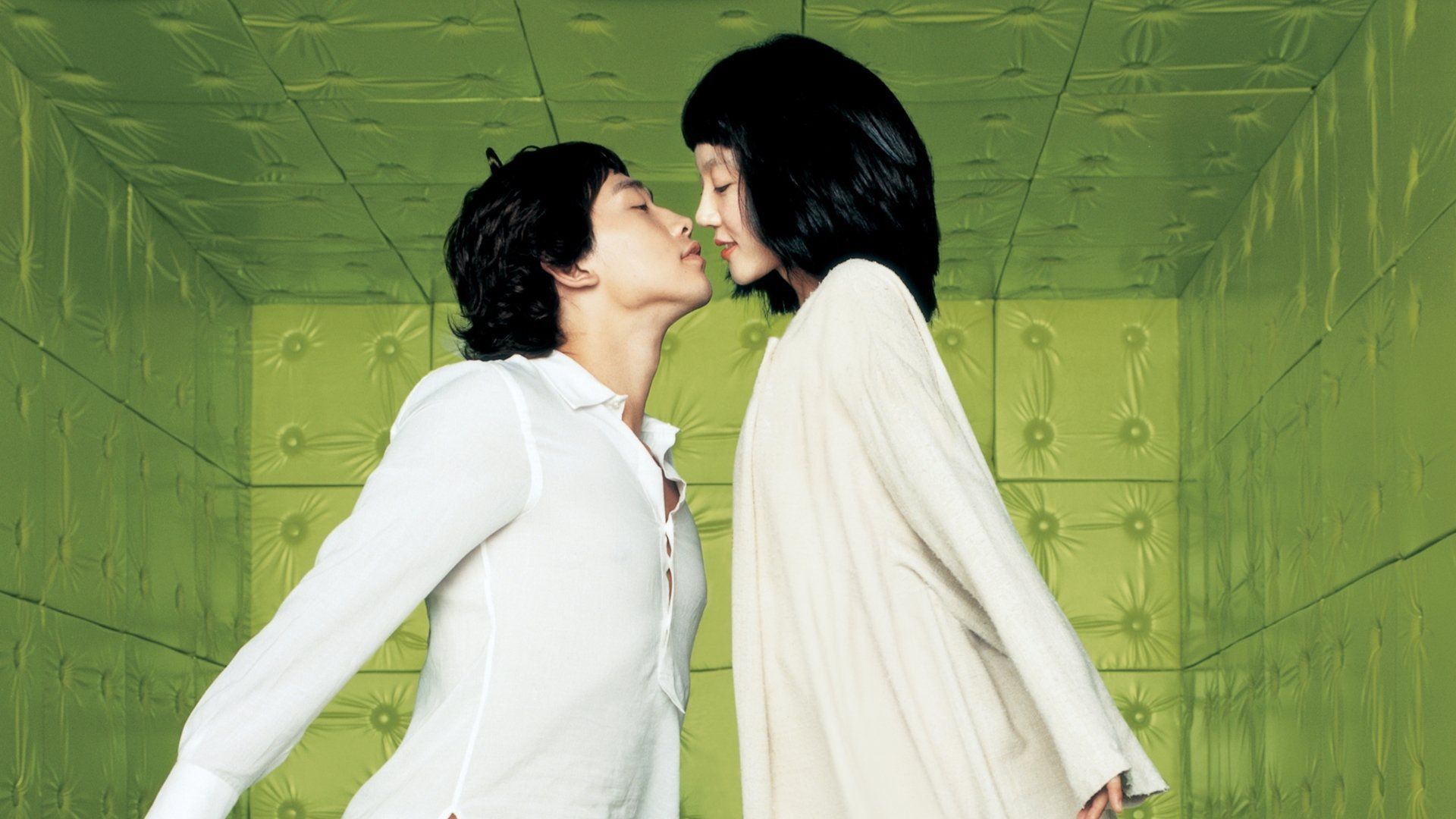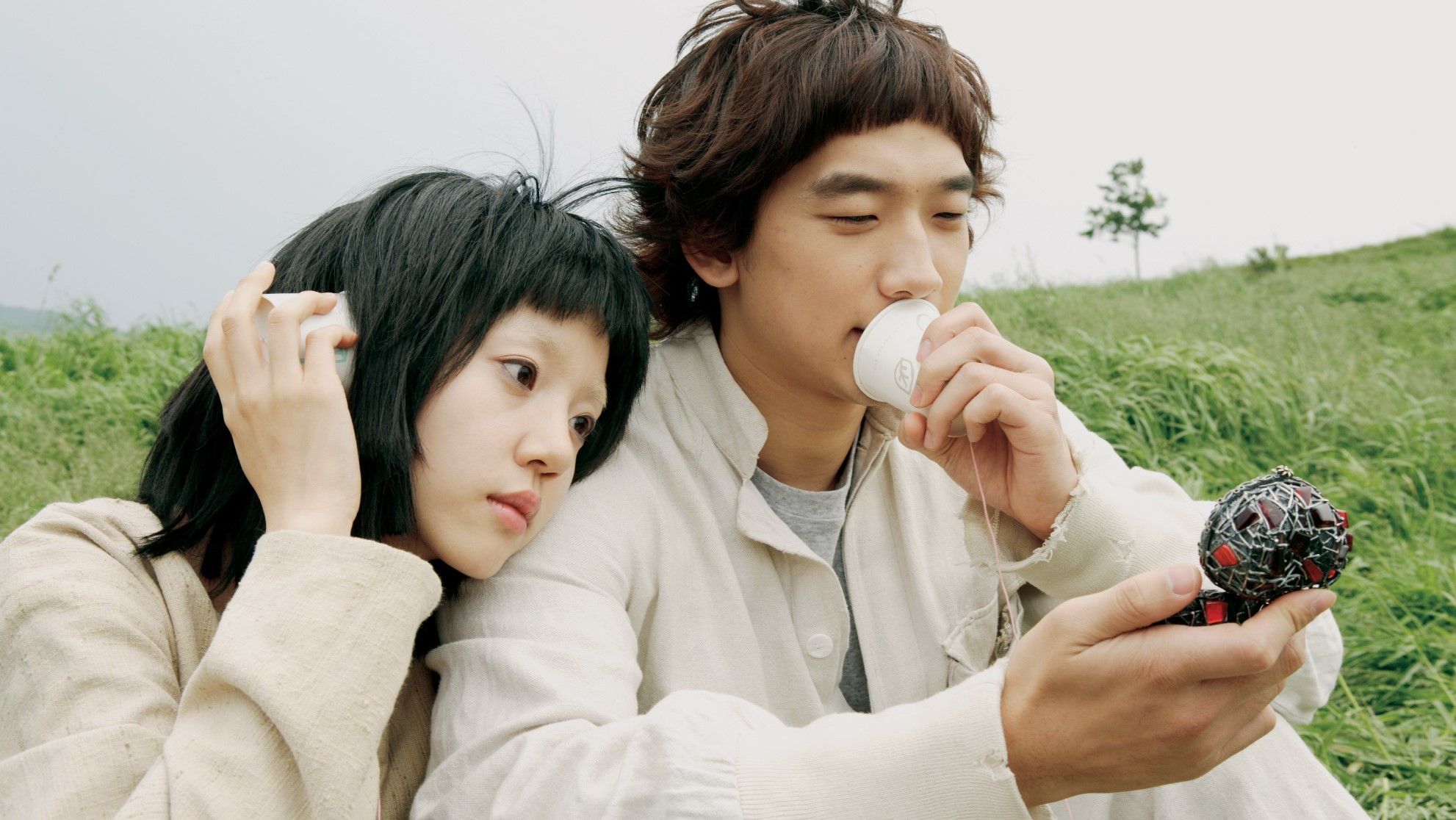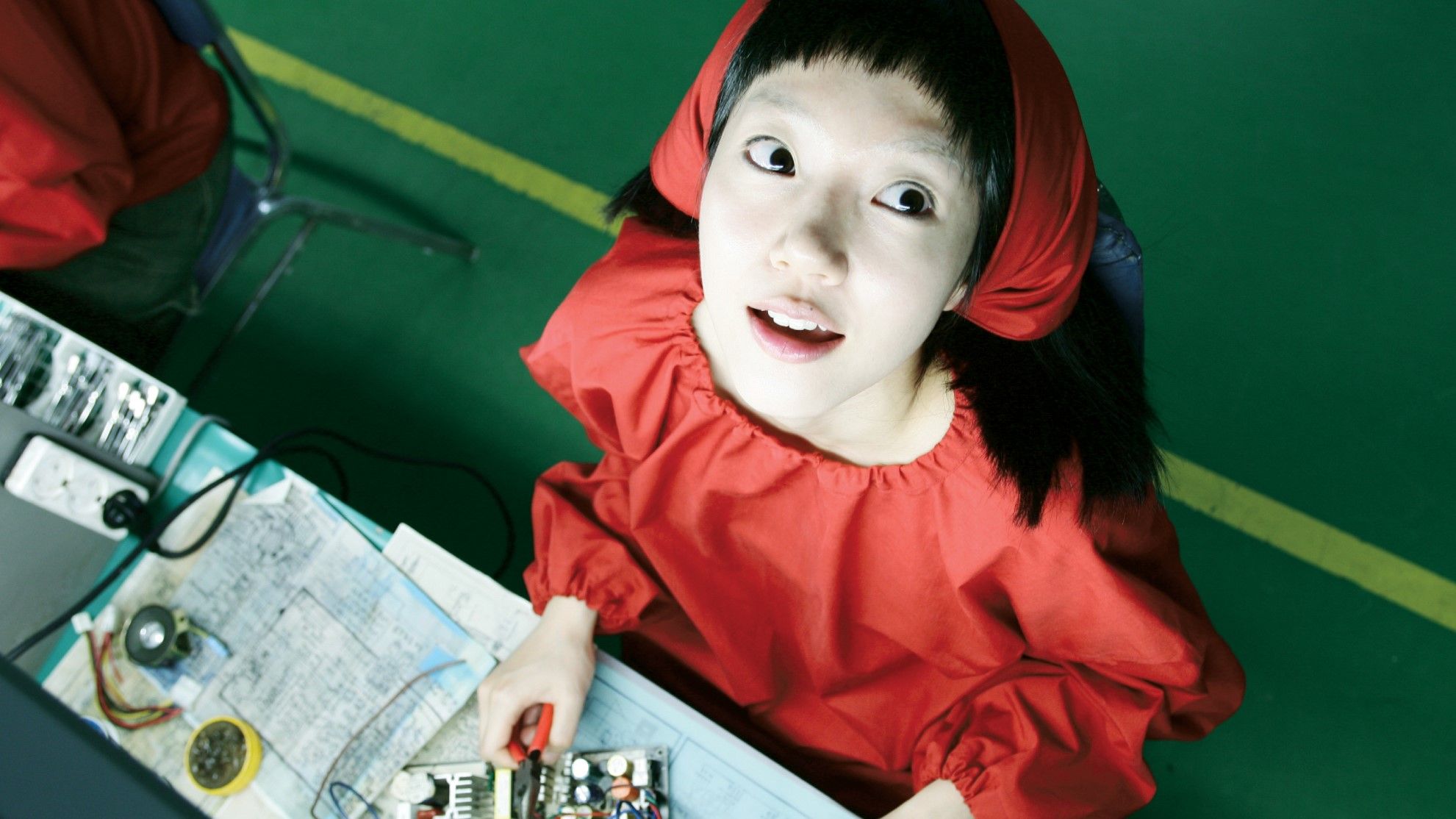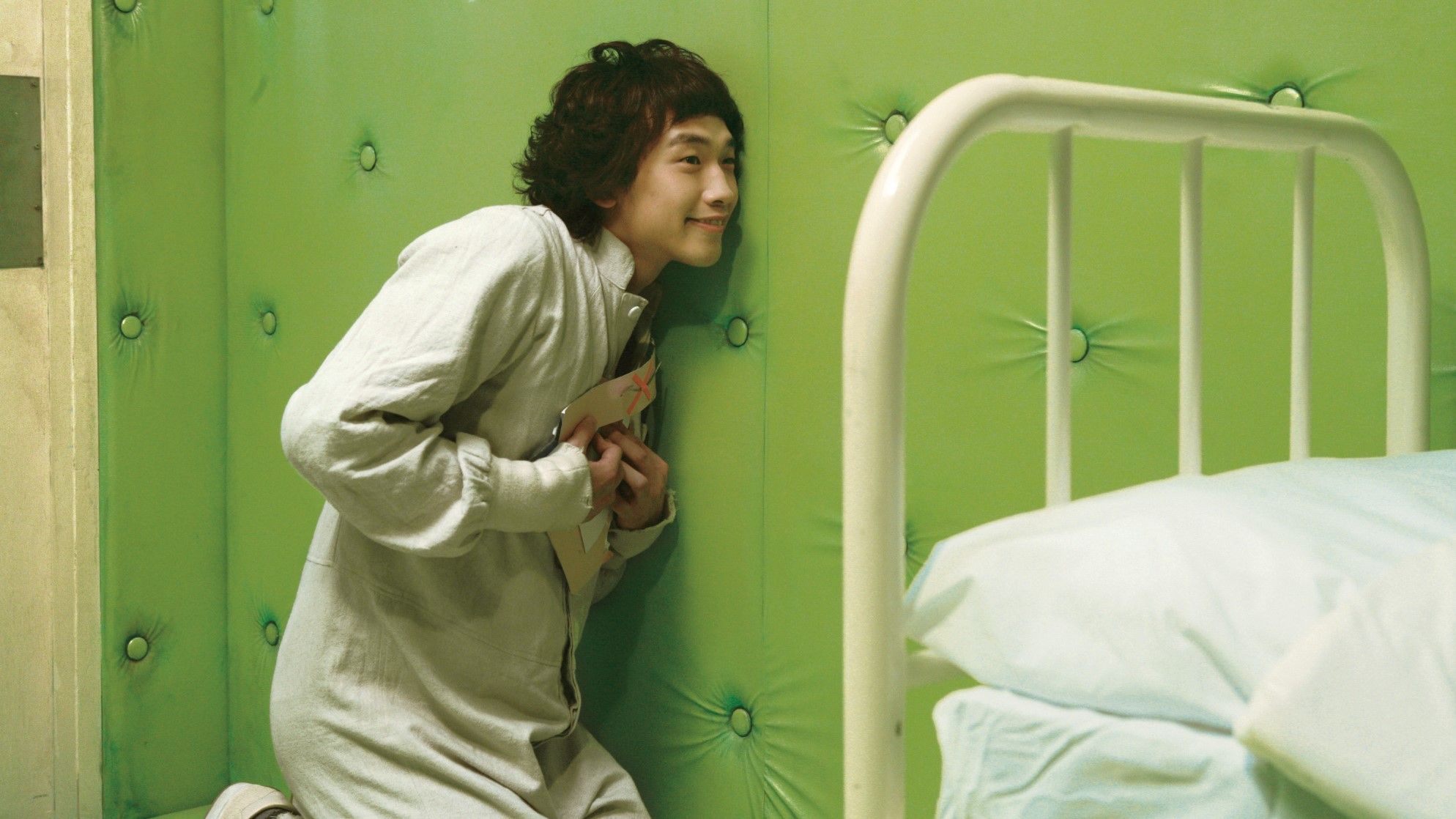From the bloodbaths and cruel plans of his Vengeance Trilogy to the erotically charged horror of his 2009 vampire film Thirst, South Korean director Park Chan-wook is known for his unsettling, violent thrillers. Debuting on the 2022 Cannes Film Festival, his most recent project, Decision to Leave, tells the story of a police detective in love with a widow who is also the prime suspect in a murder investigation. The trailer promises a tense, suspenseful film like the kind that only Park Chan-wook can make. However, it also promises something else, something the director isn’t exactly famous for: romance.
It’s not that Park Chan-Wook has never dabbled in love stories before, mind you. His previous film, critically acclaimed period drama The Handmaiden, is a tale of love, lust, and fraud in Japanese-occupied Korea. Still, the movie is just as remembered for the romance between Lady Hideko (Kim Min-hee) and her handmaiden, Sook-hee (Kim Tae-ri), as it is by Kozuki’s (Cho Jin-woong) torture chamber and that menacing octopus. To find a more pure, non-violent love story by Park Chan-wook, one would have to look a little further back on his career, to his 2006 trippy romantic comedy I’m a Cyborg, But That’s OK.
In 2006, Park had just come out of Sympathy for Lady Vengeance, the last installment of his Vengeance Trilogy. He wanted to shake things up a bit, to take a break from the gloominess of his previous projects. But, more than anything, he revealed during a chat at the Barbican Centre, in London, he wanted to make a movie for his daughter. As a film director, Park didn’t get to spend much time at home, and he felt bad that his young kid couldn’t even enjoy any of his films. And, so, I’m a Cyborg, But That’s OK was born, a flick that bears much more resemblance to a Michel Gondry pet project, like Mood Indigo or The Science of Sleep, than to anything Park had directed before.
I’m a Cyborg, But That’s OK’s premise is anything but ordinary: in a psychiatric hospital, Cha Young-goon (Lim Soo-jung), a young woman who firmly believes she is a cyborg, is courted by a fellow patient who thinks he can steal other people’s souls. Played by South Korean singer/actor Rain, Park Il-sun was abandoned by his mother as a teen and hospitalized by a judge for anti-social behavior and kleptomania. During his sentencing, he recalls the judge telling him that he would shrink to a dot and, eventually, disappear — a fear that is echoed throughout the movie and visually represented by images of Il-sun moving around the hospital as a tiny person.
Young-goon, on the other hand, was institutionalized after slitting her wrists and trying to plug electric wires into the wound in the factory at which she worked. What the police and her co-workers interpreted as a suicide attempt for her was merely a way of recharging her batteries. She is, after all, part robot — or so she believes. Young-goon was raised from a young age by her schizophrenic grandmother, who believed herself to be a mouse and refused to eat anything but radishes. When her grandmother is taken away, Young-goon finds herself alone with a family that she can’t relate to. Her suffering is made worse by the realization that her grandmother left her dentures at home and, therefore, will no longer be able to eat her precious radishes.
In the hospital, Young-goon makes it her life purpose to get her grandmother’s dentures back to her and take revenge on the men and women in white that ruined her life. She also uses the piece to converse with electric appliances, such as the main hall’s soda machine. Believing her electronic insides to be incapable of digesting human food, she refuses to consume anything but batteries, which ends up making her too weak to achieve her goals. Likewise, her sympathy for the hospital workers, who, after all, have grannies of their own, gets in the way of her desire for vengeance.
That’s where Park Il-sun comes in. In the hospital, his kleptomania takes the form of stealing other patients’ souls and personality traits, something that his peers perceive as an actual power. Seeing her sympathy for others as a hindrance, Young-goon asks Il-sun to take it away from her, and he agrees. The problem is that, upon doing that, Il-sun starts to feel things he had never felt before, and a whole lot of these feelings are directed at Young-goon.
I’m a Cyborg, But That’s OK is an odd, lighthearted movie about finding love in the most unlikely of places. Its cooky atmosphere exudes comedy and joy. But despite its tone and its colorful, trippy visuals — created by art director Ryu Seong-hie, who also worked with Park in Oldboy, Thirst, and The Handmaiden — the movie never makes light of the suffering its characters go through. Park takes the pain in Il-sun’s and Young-goon’s hearts just as seriously as they do, and thus is able to craft a story that is just as sweet and fun to watch as it is heartbreaking. Both Young-goon and Il-sun have traumas that run way deeper than their surface delusions, from abandonment issues to inability to show feelings. Young-goon’s belief that she isn’t entirely human, for instance, goes hand in hand with the notion that she isn’t allowed to feel human emotions. In a particularly revealing scene, she makes a mental list of the seven deadly sins. But, unlike the usual gluttony and lust, her list includes things like sadness, hesitation, daydreaming, and, of course, her dreaded sympathy. This emotional suppression seems to stem from Young-goon’s relationship with her neglectful mother, who left her to the care of another woman who, much like Young-goon, had a pretty loose connection to her own humanity. Likewise, Il-sun’s inability to relate to others and fear of disappearing derive from having been abandoned at such a young age, for who will ever love him if even his own mother left him behind?
This exploration of the traumas behind the characters’ illnesses serves to make sure that we don’t see them as mere walking and talking hallucinations. Park has a lot of respect for what makes his characters tick, a sentiment he extends to their absurd beliefs as well. I’m a Cyborg, But That’s OK never lies to its viewers, making us believe that Young-goon is really cyborg or that Il-sun can indeed steal souls, like a lesser movie would do. However, Park Chan-wook creates an atmosphere in which his characters' delusions are validated, at least in the small universe they inhabit. Young-goon’s concerns about food are treated by the hospital’s patients as if they were real, even if most of them understand that she needs more than just licking batteries to survive. And, so, Il-sun’s greatest show of love for her is when he creates the “rice megatron,” a small device that he installs on his beloved’s body through a small door on her back that converts human food into energy. He protects her and gives her what she needs, but without ever invalidating her worldview. If that’s not love, then what is?
Judging from the trailer and the synopsis, Decision to Leave seems to be a lot closer to the non-Cyborg movies of Park Chan-Wook’s filmography. Just the fact that it revolves around a murder makes it a lot grittier than this 2006 oddball rom-com. Still, I’m a Cyborg, But That’s OK shows an entirely different side of the South Korean director — a softer, mushier, love-and-let-love side that might come in handy when delving once more into romantic territory.




